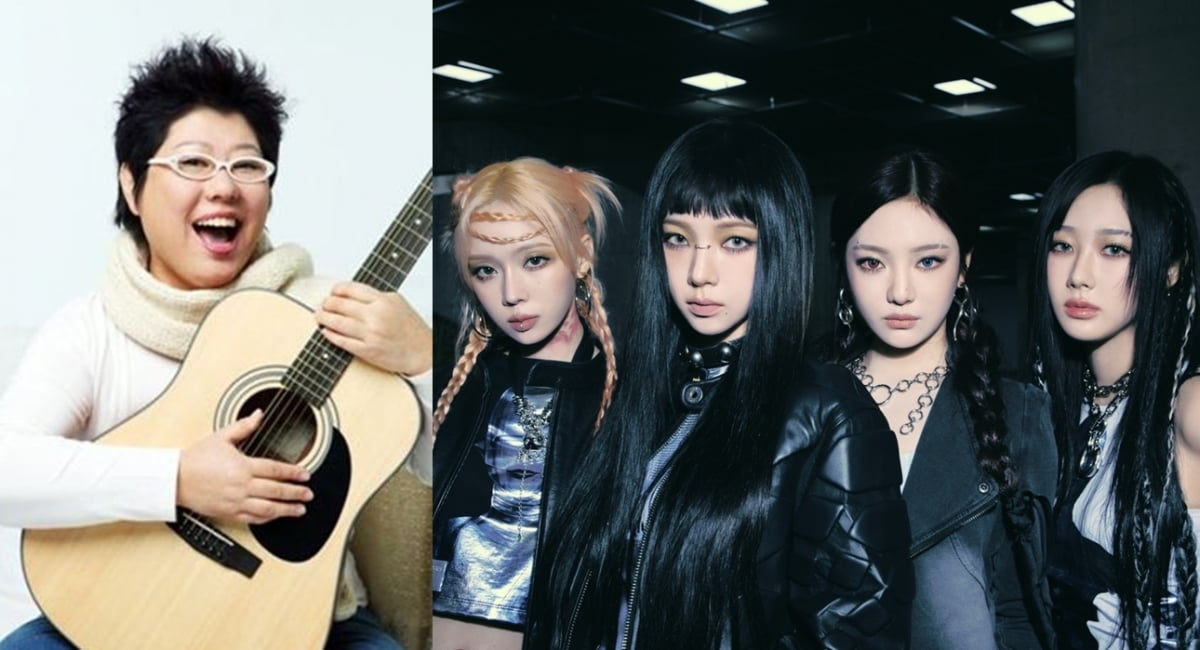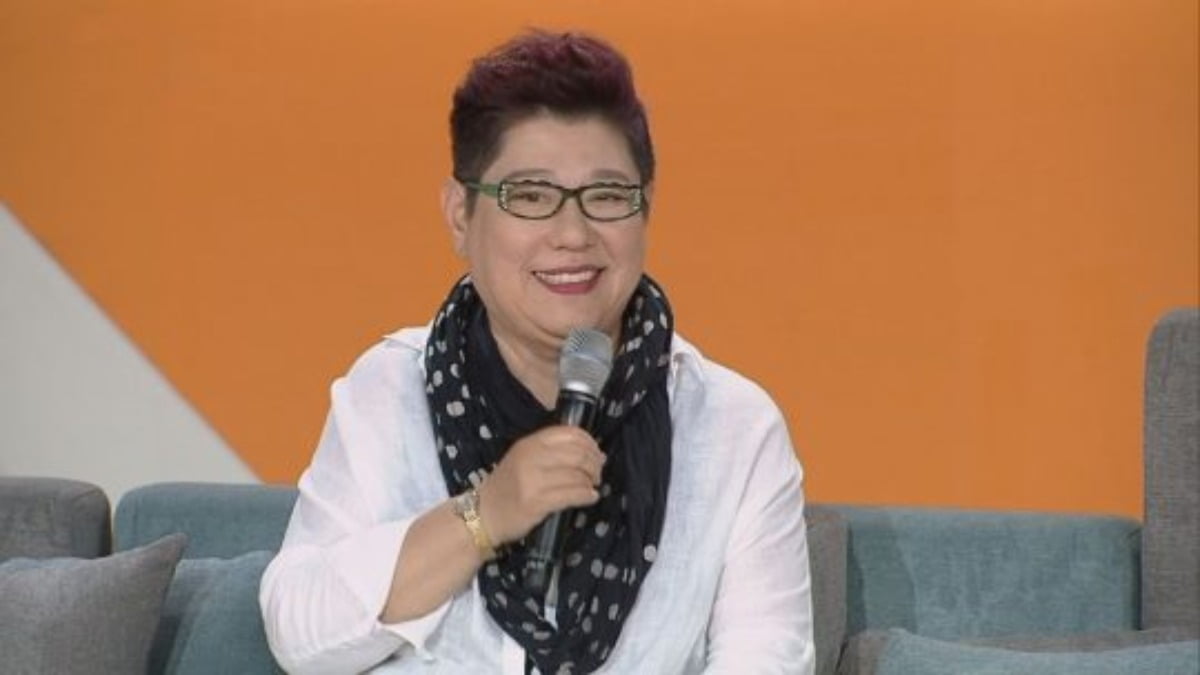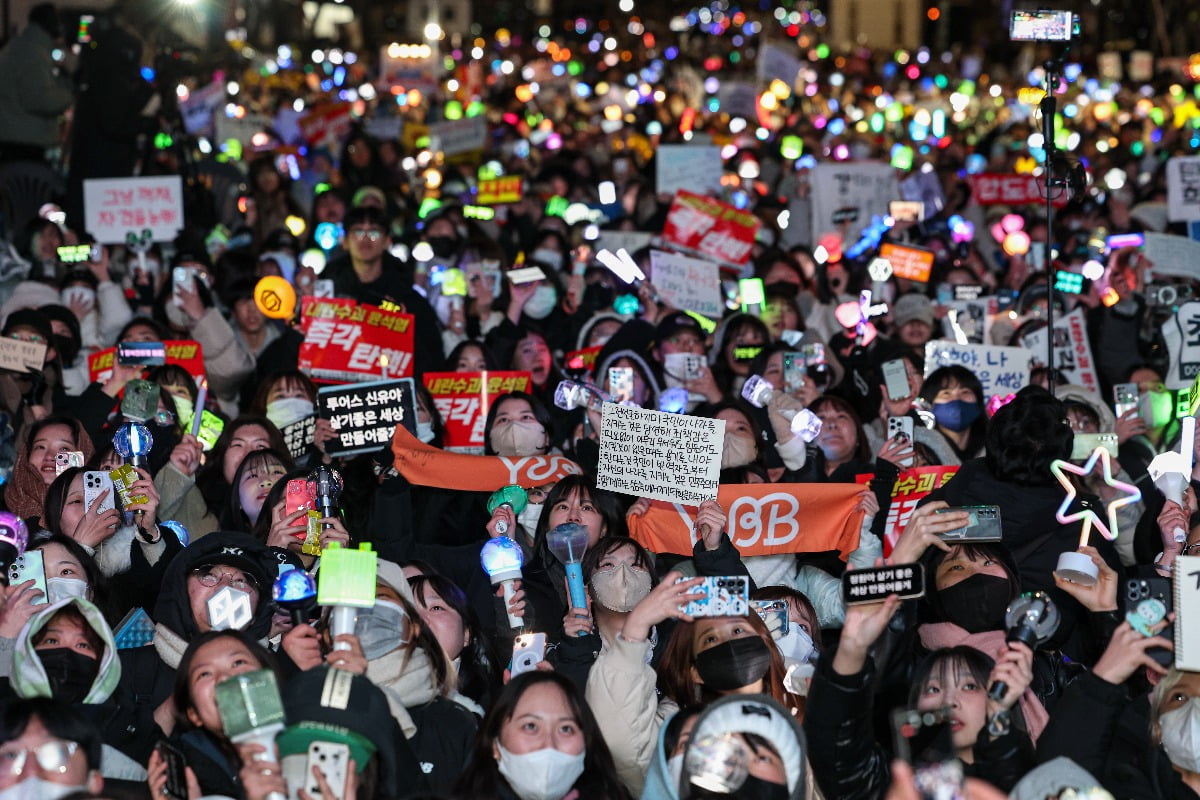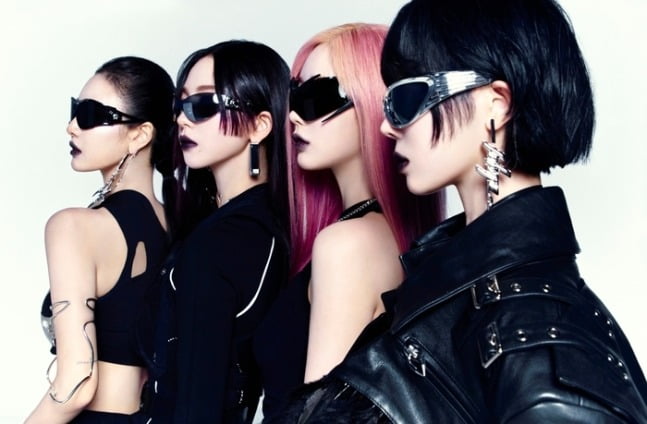ENTERTAINMENT
K-Pop Takes Center Stage in South Korean Protests: A New Era of Musical Activism


In the history of democratization, expressing anger with a concert-like atmosphere is a relatively new phenomenon. From the 1980s to the early 2000s, protestors would solemnly sing 'minjung gayo,' or people's songs, to voice their political opinions. These songs, mostly folk music from the 70s and 80s, include famous tracks like 'March for the Beloved,' Yang Hee-eun's 'Morning Dew,' 'Evergreen Tree,' and 'In the Wilderness' by Ahn Chi-hwan and Kim Kwang-seok.

In 2016, K-pop music was first heard at protest sites, with Girls' Generation's 'Into the New World' being one of the most played songs. However, at that time, ballads and band music by established artists were more prevalent than K-pop idol tracks. The protest sites often featured performances by these artists and indie bands, creating a festive atmosphere, though K-pop's presence was limited.
On November 7, following the rejection of President Yoon's impeachment motion, K-pop sing-alongs began in earnest at protest sites, driven by the high participation of women in their 20s and 30s, many of whom are K-pop fans. As a result, hopeful K-pop songs started to fill the air at these gatherings.
The '2024 Impeachment Playlist' includes aespa's 'Whiplash,' G-Dragon's 'Crooked,' Seventeen's unit BSS's 'Fighting,' (G)I-DLE's 'Claxon,' and DAY6's 'Time of Our Life.' Protestors have been joyfully singing these songs with altered lyrics to include terms like 'impeachment' and 'traitor.'

Cultural critic Kim Sung-soo remarked that the presence of K-pop at protests signifies a return to the true essence of 'minjung gayo.' He explained, "Until now, domestic 'minjung gayo' merely maintained its legacy. It wasn't truly our music. It was influenced by American folk music, brought into Korea and adapted into local songs."
He continued, "In contrast, K-pop is a genuine 'minjung gayo' that reflects the daily lives of young people. They have witnessed the potential destruction of their daily lives firsthand. Through protests, they seek to have their daily lives respected, and K-pop is inseparable from their everyday experiences. Many K-pop lyrics depict overcoming fierce competition and healing, perfectly aligning with the current situation." Kim added, "The MZ generation is realizing that enjoying this music is a form of democracy within the protest space."
Kim concluded, "Content that breathes with me and heals me is the true 'minjung gayo.' It's about rediscovering its original meaning."
By Min-Kyung Lee, TenAsia Reporter 2min_ror@tenasia.co.kr

